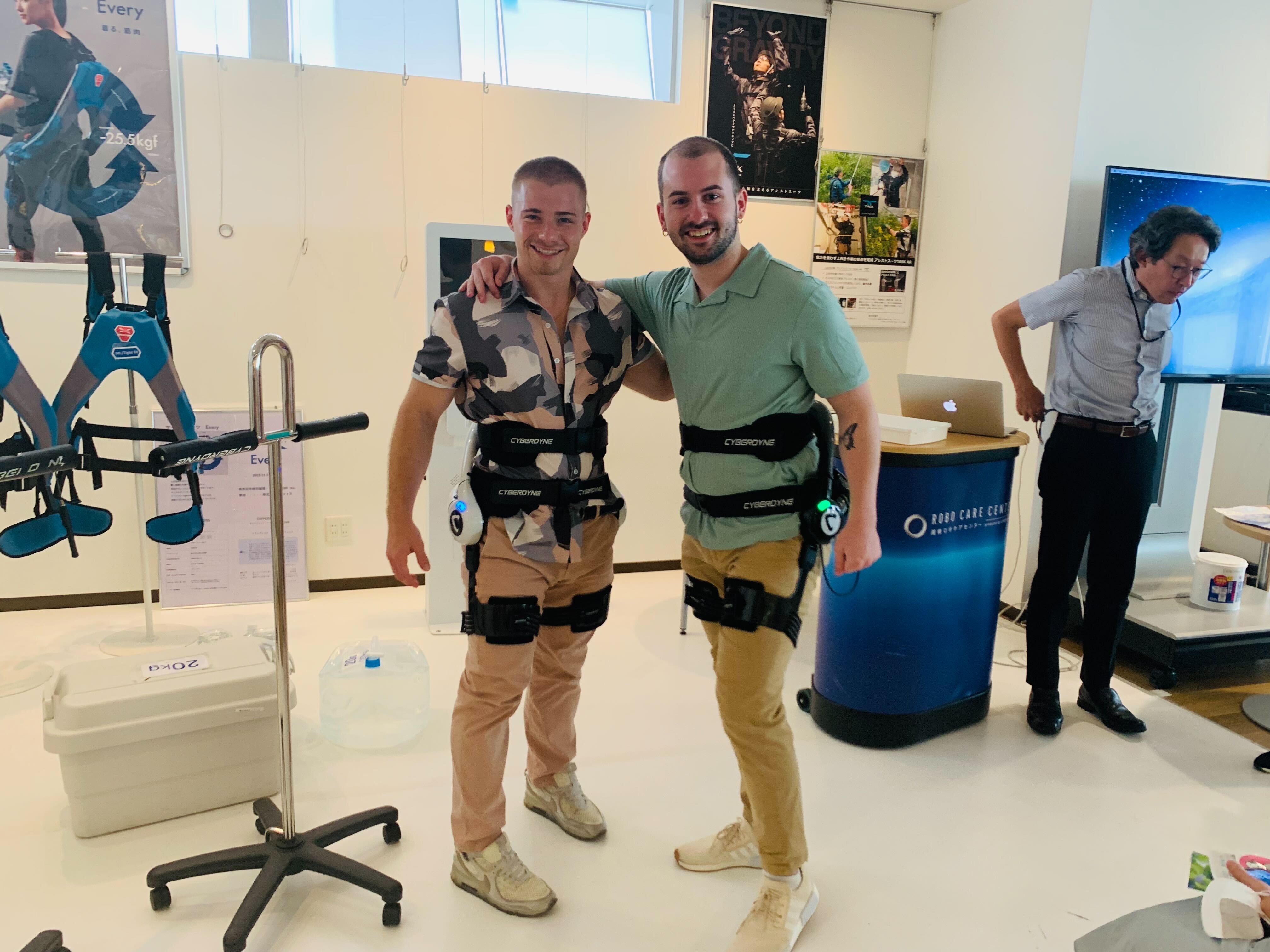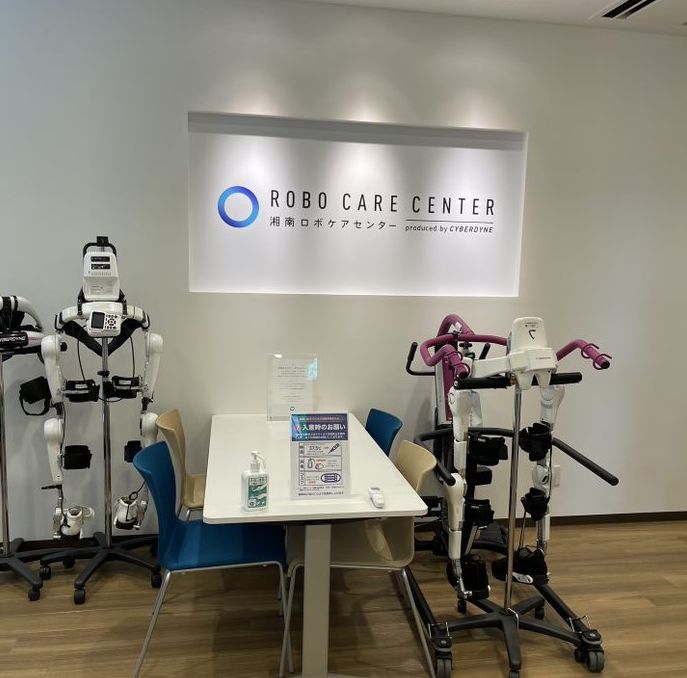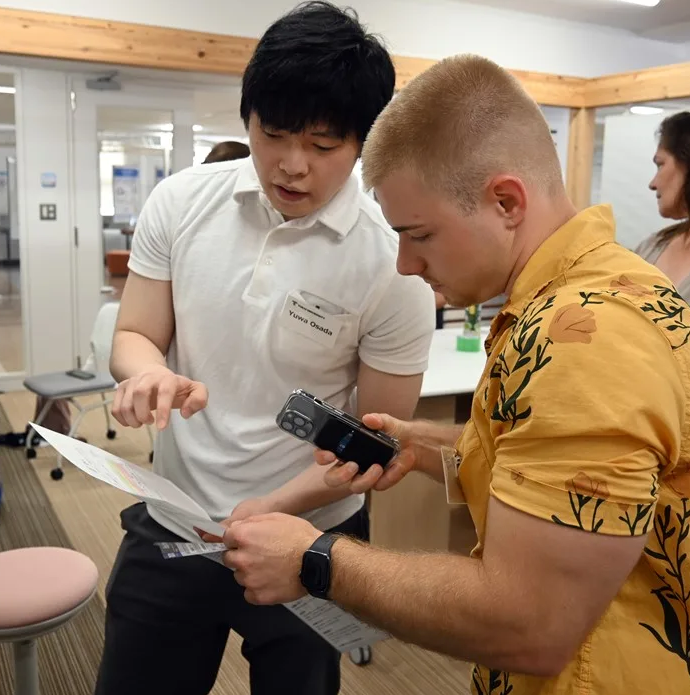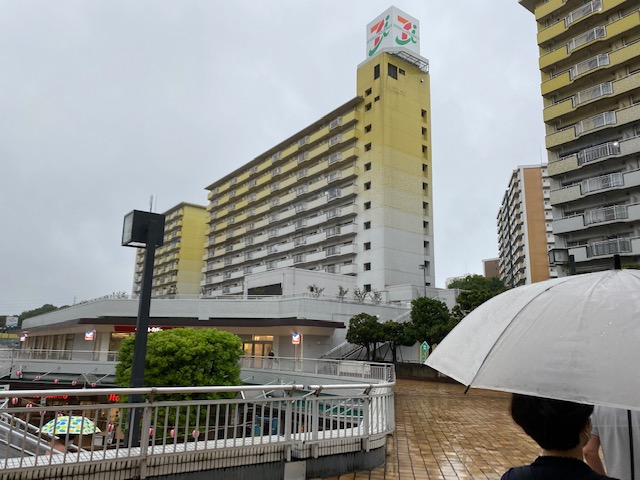During the spring semester admitted students will take part in mandatory onboarding, followed by a two-week faculty-led travel experience in Japan in the summer. The course is informed by an interdisciplinary gerontological approach integrating visits to and engagement with academic (research centers and universities), business (biotech, pharmaceutical, robotics), health and medical (geriatrics, hospitals, preventative care), policy (local and prefectural government), and socio-cultural (cultural heritage, living environment, social network) sites. Japan is considered one of the healthiest countries in the world and improvements in public health, advances in medicine, and socio-cultural practices have given Japan the highest life expectancy in the world. This course explores and analyzes how broader cultural norms and social institutions of contemporary Japan shape individuals’ experiences of growing older, life-stage transitions, and intergenerational relations through a life course perspective.
Population aging has had consequences for the health and social care of older people in Japan, which has led to societal innovations to promote health in older people. Cultural immersion and field visits will provide students with an understanding of the factors that affect health outcomes in Japanese society.

.jpg)


